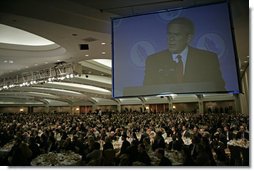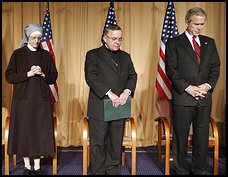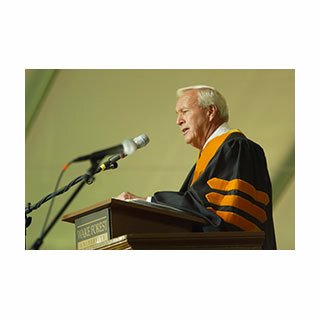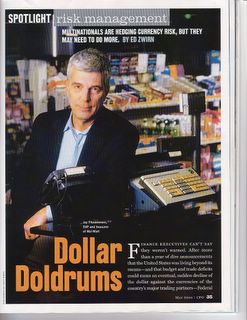
Giacomo at Pimlico

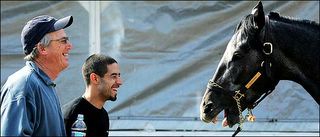
Shirreffs, Herrarte and Giacomo

Giacomo's Trainer Makes Life Changes: "Two days before the Kentucky Derby, John Shirreffs had an experience that would have made his first trip to America's most famous race one to cherish no matter the outcome of the race. As he watched the colt he trained gallop around Churchill Downs for the first time, he was distracted by an equally satisfying thought.
On Giacomo's back was Frankie Herrarte, the gray colt's regular exercise rider who showed up at Shirreffs's barn at Hollywood Park when he was a teenager from the neighborhood, looking for a job. Shirreffs hired him as a hot-walker, and Herrarte proved a good one.
But the boy wanted more. He wanted to learn how to exercise racehorses in the mornings.
Shirreffs taught Herrarte the basics on his own stable pony, and then footed the bill for him to take more advanced lessons. Now there were Shirreffs, 59, and Herrarte, 22, together on horse racing's most hallowed ground.
"John was proud of Frankie, and I was proud of John, and it was a wonderful moment," said Shirreffs's wife, Dottie Ingordo-Shirreffs. "Here was this young man who had never been out of California getting a horse ready for this beautiful, important race. It's what John is about. He treats horses and people as individuals and believes if you do right by both you can change lives."
A nice story about what what most people in sports are really like as opposed to the Sports/Legal section of daily news outlets. The second leg of the triple crown today with The Preakness Stakes in Baltimore, on NBC, post at 6:05 pm ET, so it will run 6:25 or so.
